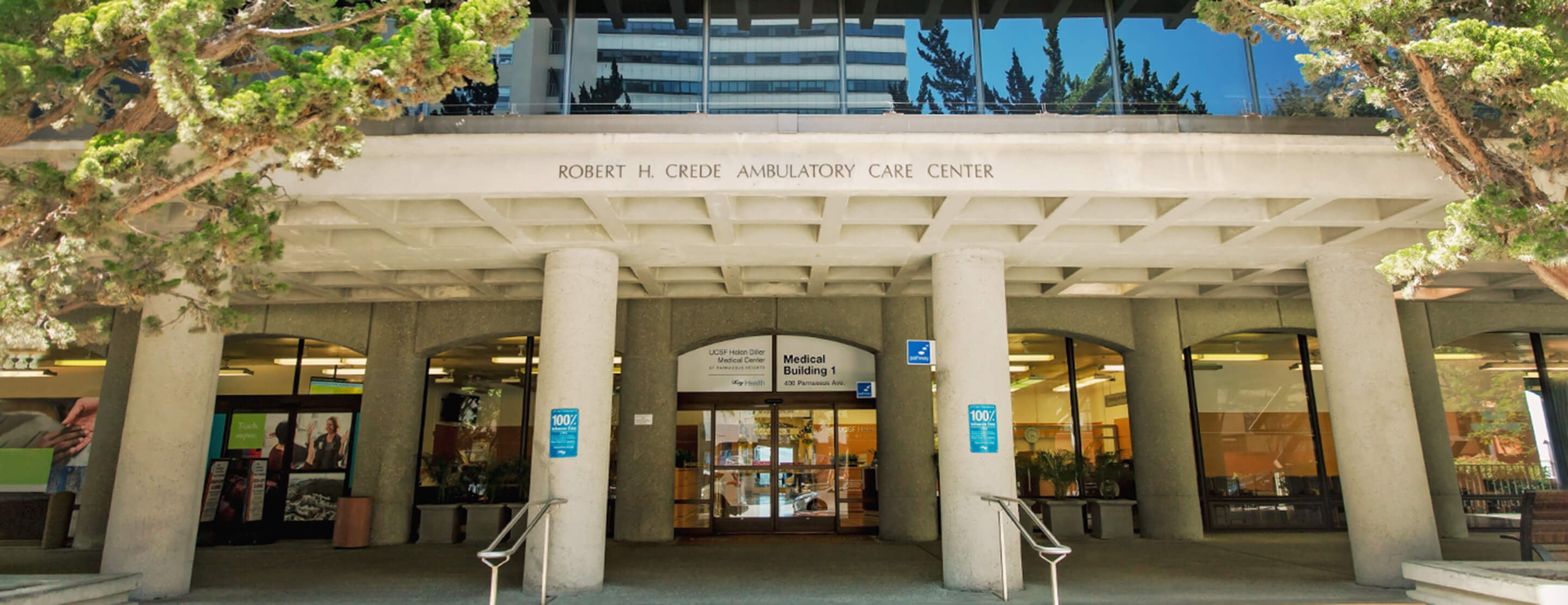
Tips for a Better Night's Sleep
Patients with sleep problems can follow some simple guidelines for a better night's sleep.
DO:
- Maintain a regular time to go to bed and wake up every day. Sleep for a consistent number of hours, but not more. Excessively long periods of sleep often result in fragmented and shallow sleep.
- Create a comfortable, quiet, clean and dark place for sleeping. Your bed and the temperature of your bedroom should be comfortable.
- Establish a regular pattern of relaxing behaviors, such as reading, for 10 minutes to an hour before bedtime.
- Use the bed for sleeping or relaxing only. For example, don't bring your laptop to bed to finish a pressing assignment before trying to fall asleep.
- Exercise on a regular basis but not immediately before bedtime.
DON'T:
- Don't nap during the day or evening.
- Don't eat heavy meals or drink large amounts of liquid before bedtime. If you are hungry, a light snack or glass of milk may help you sleep.
- Don't drink caffeine in the evening.
- Don't smoke. Chronic tobacco use disturbs sleep.
- Don't dwell on intense thoughts or feelings before bedtime.
- Don't lie awake in bed for long periods. If you're not asleep within 20 to 30 minutes, get up and read or watch TV until you feel sleepy.
- Don't rely on sleeping pills for extended periods. Long-term use is ineffective for most insomniacs.
- Don't use alcohol to help you fall asleep. Alcohol may cause a fragmented night's sleep, causing you to wake up during the night.
UCSF Health medical specialists have reviewed this information. It is for educational purposes only and is not intended to replace the advice of your doctor or other health care provider. We encourage you to discuss any questions or concerns you may have with your provider.













